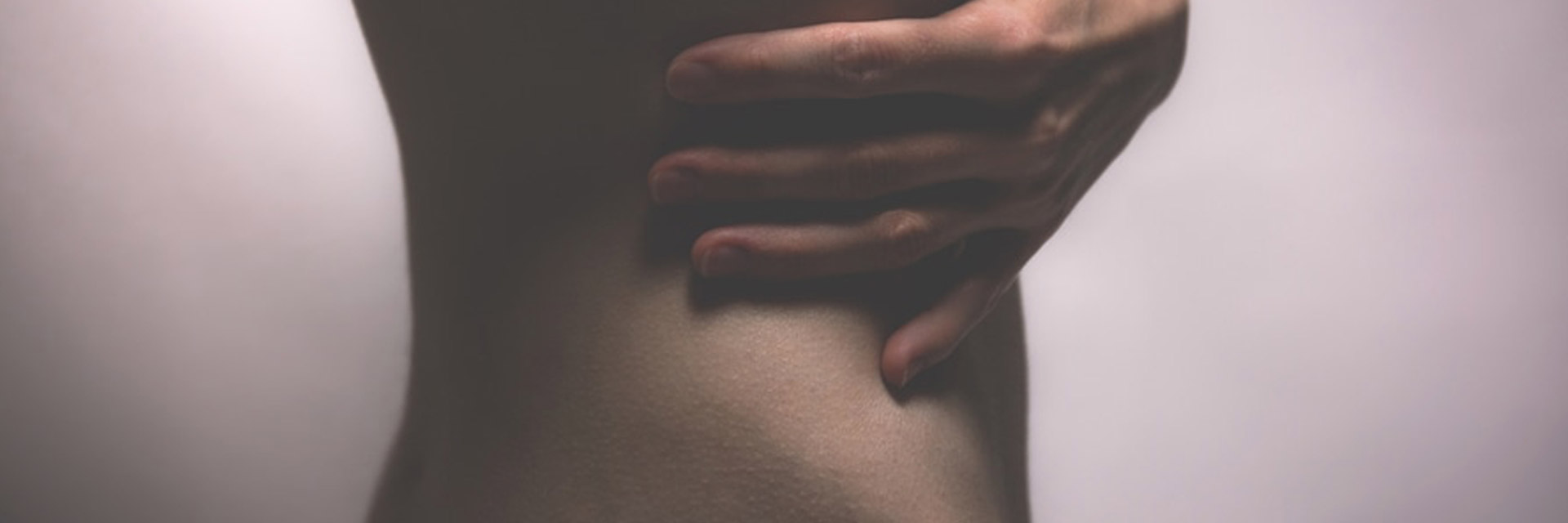
Communication of Mind and Body: Acupuncture, Stress and Low Back Pain
When dealing with disease: be it pain, metabolic disturbances or really any condition that afflicts the body, the big question is: what is causing the problem? Where is it coming from? In Chinese medical thinking, the mind and body are seen as one and the same. Therefore they have an effect on one another. Problems that come from our thinking or emotions can cause problems in our physical bodies. Just as physical problems can create mental and emotional symptoms. The two areas of our being are not separate.
Acupuncture is a healing system that works on the body. It is part of Chinese medicine. However acupuncture also works on the mind and emotions. How does it do this? Chemistry. Our moods, emotions and thought patterns have a lot to do with micro-chemical reactions that occur throughout our body. Most of us already know this. We know about serotonin and dopamine and their effects on depression and anxiety. We call this “brain chemistry.” But Chinese medicine sees mood-affecting chemical reactions in our body as more widespread, not limited to what happens in the brain.
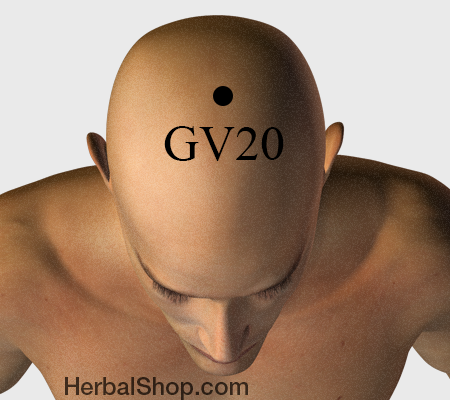
The ancient Chinese spent thousands of years studying the body. An area of particular interest was how “functional” energy flowed, influencing blood and fluids in the body. They saw physiology as a very subtle energetic phenomenon. They discovered “channels” of functional energy flow that travelled throughout the body. Most of these channels communicated with a major organ, often making connection between many parts of the body. These came to be known as acupuncture channels. Along these channels, the ancient Chinese discovered there were specific “points” that could alter physiological function when stimulated. Acupuncture points influence the entire body, from its most superficial functions such as sweating and the pores of the skin, to its deepest functions like the way the body regenerates itself via the blood and bone marrow.
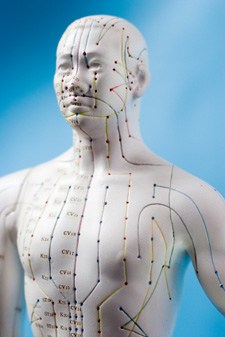
Most ancient Chinese medical texts explore why the body degenerates, and how to stimulate it to regenerate. They didn’t believe in our modern aging story. If we can keep the regenerative capacity of the body strong, eliminating inflammation and stagnation, the body and mind can stay young for a very long time. There are ancient tales of people who live quite healthy into their mid to late 100s. The texts discuss why most people don’t stay healthy and young however. One of the main causes of aging and degeneration is stagnation of the body’s functional regenerative energy. This is in addition to depletion of internal resources ie: dehydration and anemia, often resulting from inflammation and stagnation.
There are many acupuncture channels in the body, and over 365 acupuncture points. There are the 12 major “primary” channels that regulate daily physiological function. There are also 8 “Extraordinary” constitutional vessels that influence the body’s growth, functioning similar to the modern idea of “stem cells.” In addition to these physiological channels, there are also groups of channels that act as holding vessels for stress and pathology. One of these channel systems are the “divergent” channels that essentially take overwhelming problems in the body such as stress, inflammation, viral and bacterial conditions and divert them into the joints where they are held to protect the internal organs of the body. There is another channel system that diverts problems into the blood vessels; these are called the “connecting” vessels. A third channel system where problems can become translocated and stuck are the “sinew” channels, which manifest problems at the level of the muscles, tendons and ligaments.
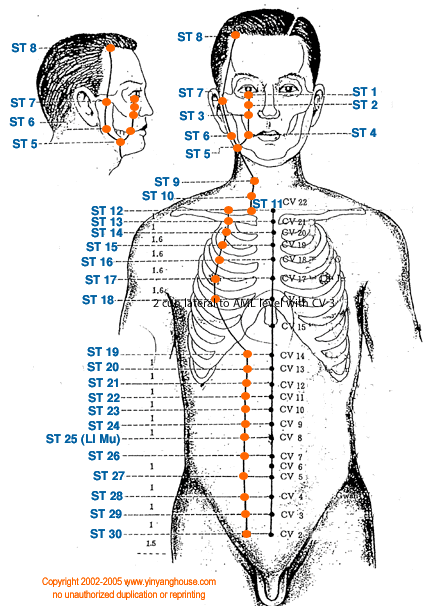
When patients come to my acupuncture clinic, one of the first things I assess is which acupuncture channel system their problem is located in. What part of their body is filling up with the residue of their stress causing symptoms? I ask, is the body diverting stress, inflammation, environmental agents, unresolved emotions into the muscles, the blood vessels, the joints, the organs themselves?
In many cases, I find people have an over-saturation of inflammation, pathological agents or stress creating pressure in their “connecting” blood vessel channels or their “divergent” channels and joints. Once I’ve located where things are accumulating, we can start to encourage the body to detox this over-saturation.
Problems that are being held in the blood vessels, muscles or joints can have a widespread effect on a person’s body and mind. For example, problems being held in the blood vessels can cause inability to defecate, stabbing low back pain, stiffness and degeneration of the elbow, anxiety, paranoia, obsessive thinking, pain all over the body, weakness of the joints, erectile problems, fibroids, cysts, frequent urination, sleep apnea, constant runny nose, weakness and/or paralysis of the legs, and many other symptoms. Just because the problem is being held in the blood, it doesn’t necessarily mean it will manifest as a hematological condition. The blood chemistry influences a vast number of body functions. The symptoms can be various.

The ancient Chinese found a strong link between the blood and the psyche. When there is a problem with the blood, or “connecting” blood vessel channels, there are often mental and emotional symptoms that occur alongside various wide-ranging physical problems. This led the ancient Chinese to say the “spirit” travelled within the vessels in the blood. They made an intimate connection between the heart and the spirit. The spirit expresses itself through the mind and the emotions. Since it is blood that rebuilds and regenerates every aspect of the physical body, the ancient Chinese deduced that if we want to repair that which is broken in the body, or restore vitality to that which has diminished function, we must also work with the mind. However, the way the ancient Chinese chose to work with the mind was mainly through the body. They didn’t engage in talk therapy. They stimulated acupuncture points on the physical body to change the blood chemistry. This would allow the mind and emotions to release and harmonize, often creating a state of catharsis as a result.
How does putting small needles in acupuncture points on the physical body work with the mind? It doesn’t make sense! Or does it?
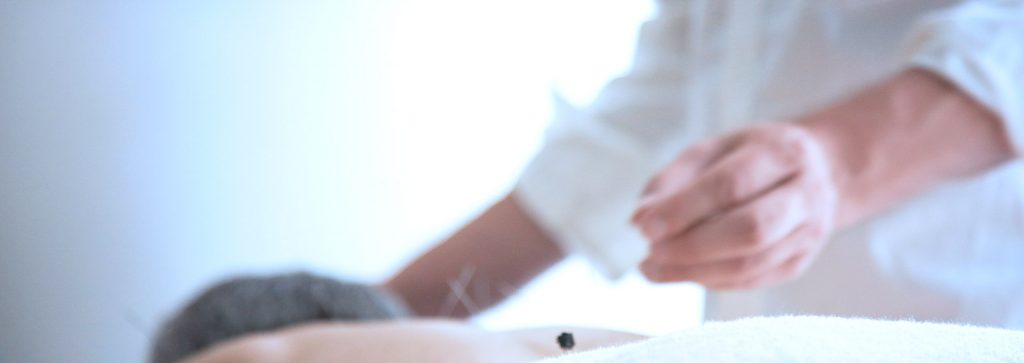
Let me share a story from my acupuncture clinic. An 87 year old man came to me with debilitating lower back and neck pain. He also had balance and gait issues. Being a very pragmatic, “believe it only when I see it” kind of man, he didn’t believe in acupuncture at all when he first came to me. He came to me as a last resort. His doctor wanted to do a very dramatic surgery on his back which he was hesitant to do.
As an acupuncturist, I diagnose a patient chiefly through their pulses. This is the most classic standard diagnostic tool in Chinese medicine. On his wrists, I felt this patient’s “kidney” pulse as very full as if it was overflowing and his “heart” pulse vibrating. On the wrists, a trained acupuncturist can assess the functional energy of all the major organ systems in the body. This patient’s pulses told me that his kidney system was not adequately getting rid of toxins in his body, allowing them to accumulate, which was causing stagnation pressure in his lower back. Underneath the stagnation, there was a deficiency of energy, which was weakening kidney function. In the level of his heart, there was indication that there was suppressed emotional stress, which I found later to be the root cause of the problem.

The channel I chose to work with to heal the lower back was called the “Qiao” Vessel, which can be translated as the “stance” vessel. It begins at the ankle and travels up the leg into the hip, into the shoulder, into the back of the head, into the eyes and brain. It is a channel that affects the bones, the muscles, the endocrine system and the kidneys. It is also known as the “great depository” for the blood vessels and the stress they hold onto. The “Qiao” Vessel can be said to be the link between blood chemistry and brain chemistry in the body. When the blood vessels can no longer hold onto the stress any longer, they drain into the “Qiao,” where they begin to affect the structure of the body, including the muscles and bones that support our upright stance.
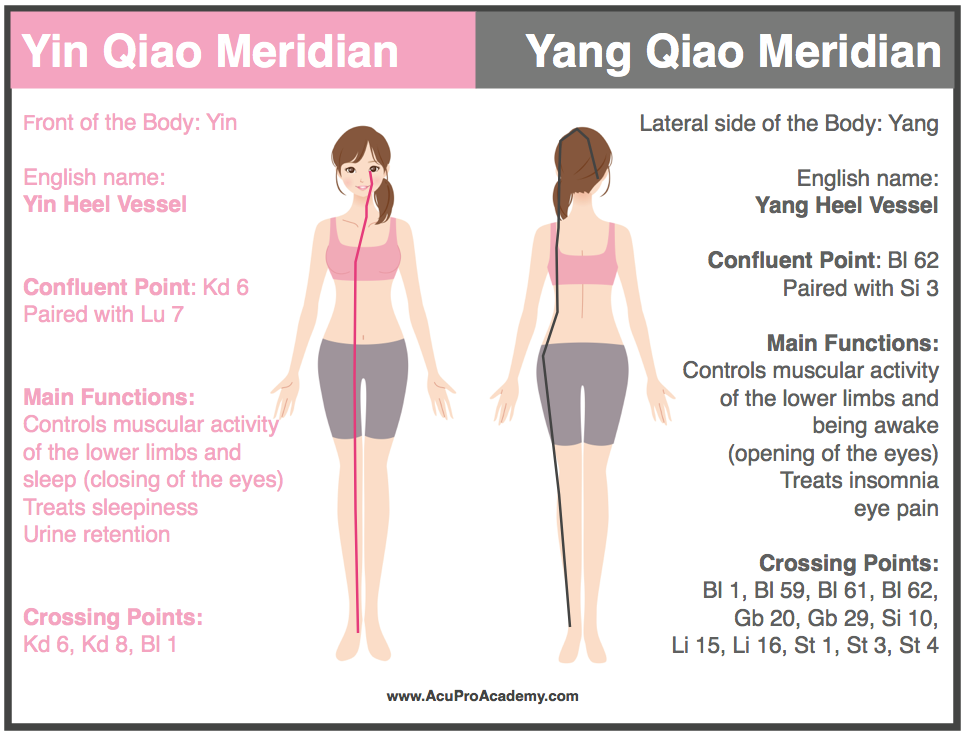
Throughout treatment, I simultaneously helped my patient drain out the accumulated toxins in his lower back area, while also strengthening his kidney function. Through this, the back pain improved dramatically week to week. At first it kept coming back, and soon moved into his neck. I discovered that I also needed to help the patient clear his heart: support the resolution and expression of the emotional stagnation that had been building up in his “connecting” vessels. This was a man who lived his life not talking about his feelings, hardly acknowledging them even to himself. By treating acupuncture points on the heart channel and through releasing the “connecting” vessels, we were able to clear the inflammation that had built up in his heart system, which had been translocating inflammation into his neck and lower back. This had a curious effect: he began talking about his life and feelings more and more. I said I wondered when he’d begin telling me about the stresses of his life. I told him I thought they were having a greater effect on his body than he thought. He agreed.
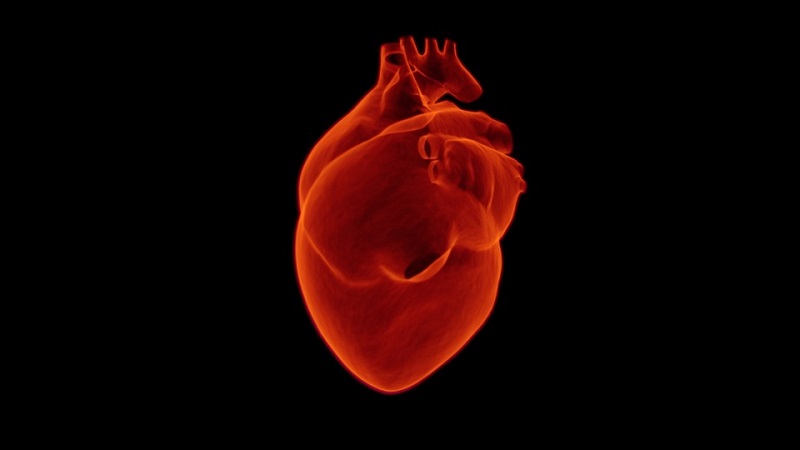
After a couple months of acupuncture treatment, change occurred: the pain in the lower back stopped coming. Soon, my patient learned that when his back started hurting, it was usually because he needed to stop and talk about something: he needed to clear his heart and detox his blood. After a couple months of acupuncture, his back was completely better.



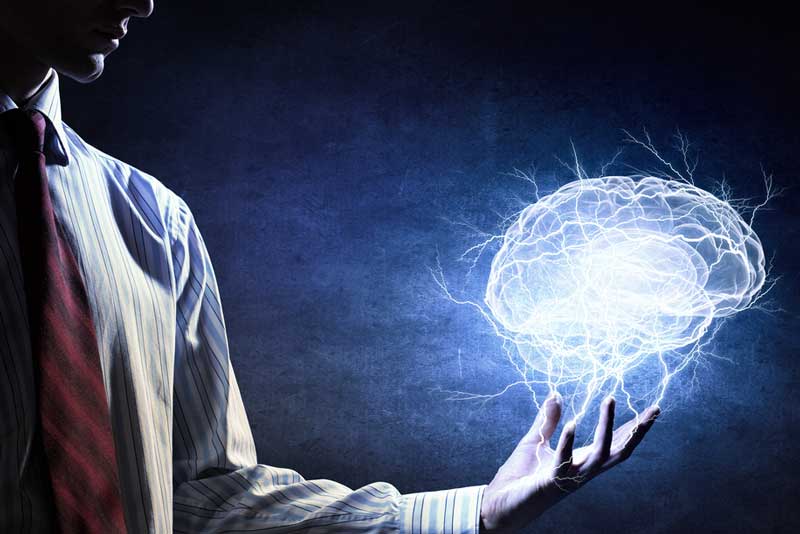
No Comments